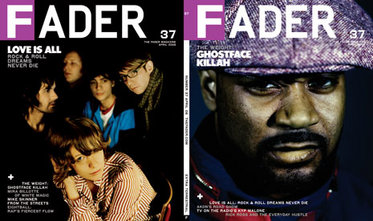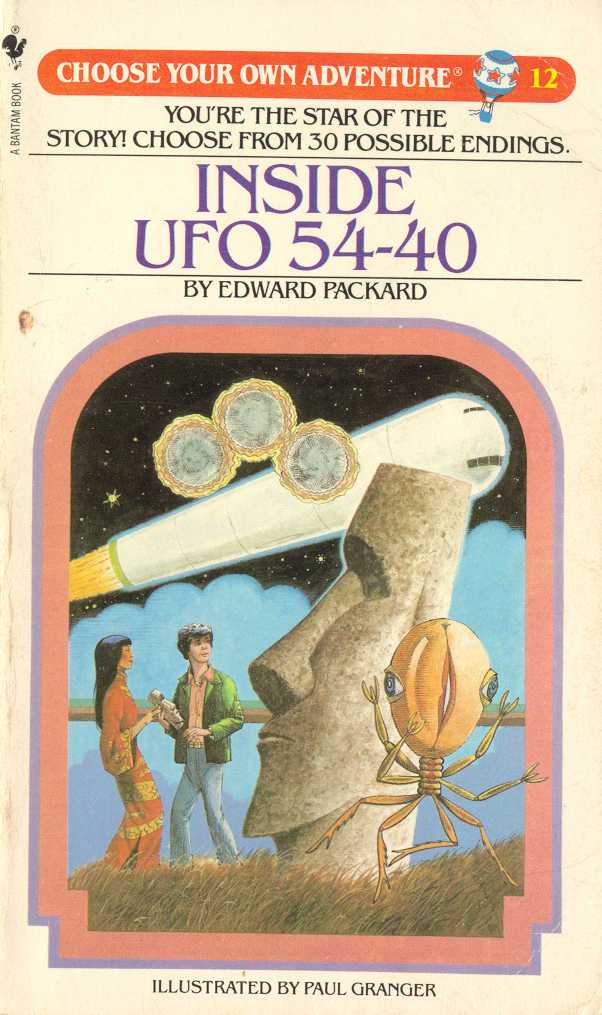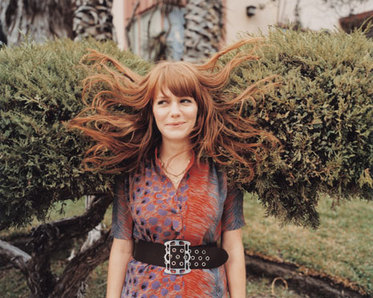What a relief.
It was a chore trying to get consistent updates on this story from any major news outlet, much thinking about her and keeping her in my silent prayers for so long. If she were killed, no reporter in Iraq would be safe. If she had died, there would be no semblance of safety for, really, much of anybody. Not that there is now...
Ms. Carroll was not only a valuable hostage for these kidnappers because she was American, but also because she was white and because she was a woman. The U.S. government even released some Iraqi female prisioners at the kidnappers' demands, though they claim it was unrelated. On top of this, she happily conformed to conservative Islam customs. She covered herself, most importantly her head, at all times. One would suppose she was respectful and quiet and tried her best to fit into a Muslim society that doesn't have the most enlightened view towards women. Composited from what I've read about other reporters in Baghdad, she certainly didn't hound. She would keep a low profile in a series of low-rise, seedy hotels and apartments. She kept constantly moving for fear of fired, or misfired, RPGs or machine guns.
She makes note, in
her last work before she was kidnapped, that its the expensive, high-rise hotels (the Sheratons, the Raddisons) that are being hit by rockets-- sometimes even intentionally. Either the terrorists wish to topple these towering symbols of capitalism (capitalistic greed, they might say) or they simply want to kill whoever is in there. Maybe they intentionally wanted to kill reporters they knew were probably staying there. If they did, then why didn't they just slit Ms. Carroll's throat on camera when they had the chance?
How do these insurgents, these terrorists, these torturers, these extreme extremists feel about reporters? How do they usually treat them? To date, an Italian journalist has been killed along with several Iraqi reporters. Are these just casualties of war, or did they intentionally (unintentionally?) piss their captors off? Is the enemy in Iraq just using them as barganing chips?
Only Ms. Carroll can really tell us. One can only hope she can give us insight into the actions, possibly the psychology of terrorist kidnappers who are claiming more victims every day: their habits, patterns of movement and so on. She can make sure this never happens, or is much less likely to happen, again.
From what she seems to say, she was not treated badly (for a kidnapping victim). They fed her, kept her in a furnished room, near a window (which is neglectful, seeing as the glass could've broken due to an explosion and cut her, but whatever)-- no violence or even threats of violence toward her person. I hope she goes back to work as soon as possible with the
Christian Science Monitor, who
tracked her status and begged for her release fruitlessly for a long time. Now it's paid off.
The CSM Editors released this
impassioned commentary thankful to have her back. With this blog entry, I speak with them in a deep, thankful solidarity. Personally, I hope that if I am ever in a situation like this one, covering a war zone as a reporter (I certainly haven't yet earned the title "journalist"), that I'm not kidnapped. If I am (God forbid), I hope I am as sought after as a renegade freelancer like Carroll was.
In a place of geurillas, chaos, IEDs, suicide bombers and not knowing whether someone of dark skin is a bad guy or good guy, it's nice to know that people still give a shit about journalists-- that they aren't casualties of a ill-concieved, questionable war. Even though they sacrifice their own significance, and sometimes their lives, to give the public an objective story, their lives are valuable because they are soldiers in our own right: soldiers of information.
I hope to one day include myself in these esteemed ranks. God bless you, Jill Carroll.
Strange coincidence alert: Jill Carroll has a
twin sister (Katie), same as another journalist who covered the Gulf War II,
Washington Post senior writer Jackie Spinner, who has one as well (
Jenny Spinner). Both Spinners contributed to a moving, heart-wrenching (but very well-written) book
"Tell Them I Didn't Cry" about her nine months in Iraq. NPR's "Fresh Air" dedicated an entire program to it. Listen to it
here. Even weirder, both Jackie Spinner and Jill Carroll became friends in Baghdad covering the war. They will no doubt be reunited soon. Thank God.
















